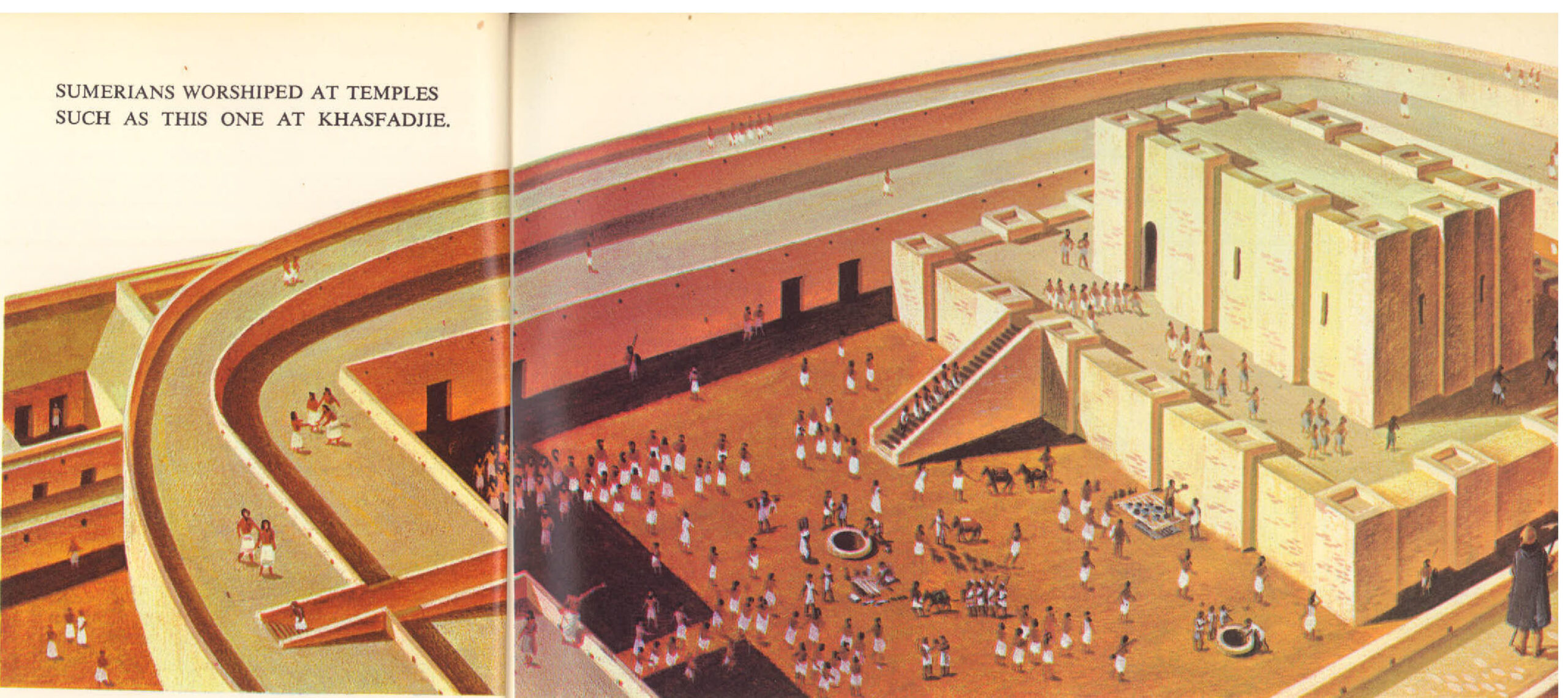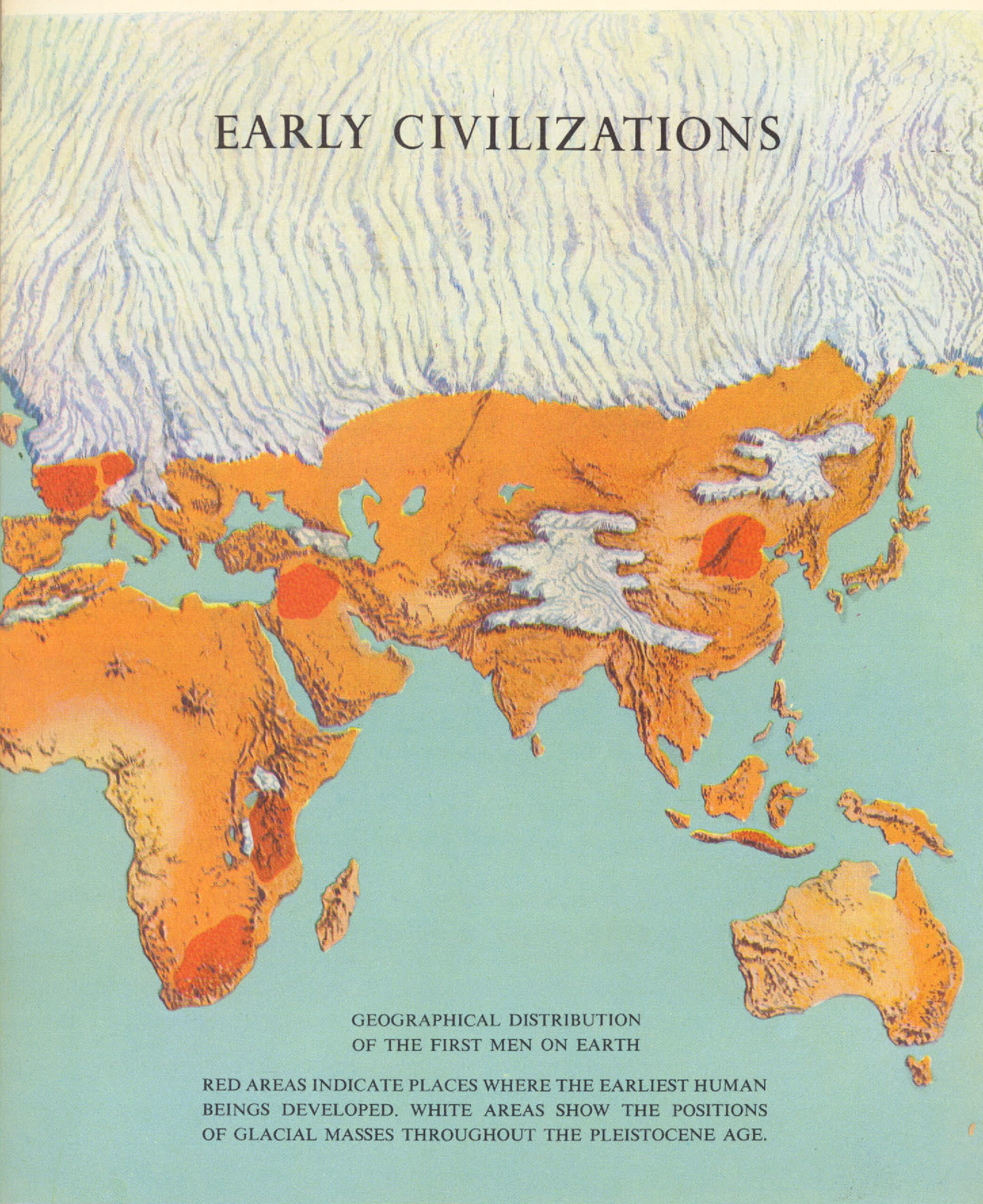Even before the Korean War, the United Nations had proved that it could take effective action to control serious conflicts. It first took such action in the conflict over Palestine. During World War I, the British had ousted the Turks from Palestine. When the war was over, the League of Nations placed that land under the authority of Britain. The British then issued the famous Balfour Declaration, which promised the Jewish people that Palestine would someday become their homeland, but the Arabs of Palestine and the surrounding countries strongly objected to this and year after year passed without the British …
Read More »Tag Archives: Iraq
After the Peace of Paris 1919 – 1920
DURING THE war, three great empires — the Russian, the Austro-Hungarian and the German –had vanished forever. Then, by the Treaty of Sévres, a fourth empire, the Ottoman, was quietly put to death. Turkey was confined to Asia Minor and became a republic. Of its former possessions, the League of Nations assigned Syria and Lebanon to France and Palestine and Iraq to Great Britain. Trans-Jordan and Saudi Arabia, which had fought the Turks under an adventurous British colonel named T. E. Lawrence, became independent kingdoms. In Europe, there were seven new states: Finland, Estonia, Latvia, Lithuania, Poland, Czechoslovakia and Yugoslavia. …
Read More »The Ottomans, the Last Great Islamic Power A.D. 1299-1922
ACCORDING to their tradition, the Ottoman Turks once belonged to the same Central Asian tribe as the Seljuk Turks. Their ancestors came to Asia Minor with the Seljuks. In time, they began to challenge the authority of their fellow Turks. The Ottomans took their name from a chieftain called Othman, who in 1299 became the emir of Seljuk lands bordering on the Byzantine Empire. Othman declared holy war on his Christian neighbours. His son Orkhan captured the city of Brusa and in 1362 Orkhan’s son Murad took Adrianople, beyond the strait and sea that separated Asia Minor from Europe. Thereafter, …
Read More »Cracks in the Wall of Islam A.D. 656-750
THE FIRST three caliphs — Abu Bakr, Omar and Othman — had all known — Mohammed well. In 656, Othman, an old man in his eighties, was stabbed to death by a band of rebels. They believed that the right to be caliph belonged to Mohammed’s son-in-law, Ali. Sometime later, Ali defeated his rivals for power in battle and proclaimed himself caliph. Instead of Medina, he chose as his capital the new Arab city of al-Kufah, in Iraq. All but one of the leaders of Islam swore loyalty to Ali. The exception was Muawiyah, the governor of Syria, who set …
Read More »Mesopotamia, Where Civilization Began 4000 B.C. – 1750 B.C.
Mesopotamia is where civilization began. By 4000 B. C., many different groups of people were working out their lives in a variety of ways. In a great arc from the eastern coast of the Mediterranean, across the Turkish plains and through the highlands of Iraq and Iran, groups of peoples had settled and were farming, tending animals, making pottery and building towns, markets and forts. In the deserts, mountains and steppes, nomadic tribesmen lived by herding animals and by hunting and raiding. In Mesopotamia as these populations grew, they began to compete for land, food and supplies. One of the …
Read More »The Coming of Man
About 400,000 years ago, a group of people were gathered at the mouth of a cave. They had a fire in which they were roasting deer meat and around them lay the bones of monkeys, wild pigs and water buffalo from previous meals. One of the women was picking berries from the nearby bushes. A man sitting close to the fire chipped away at a broken stone he would use to cut off chunks of the cooked meat. Another man, too hungry to wait, gnawed the marrow from some bones. The cave was one of several not far from what …
Read More »




